The Rising Dependence on DJI Drones
Kentucky’s Hardin County sheriffs’ first drone, a DJI Matrice 300, became a game-changer in 2021 when it swiftly identified teenagers vandalizing a large farm. This success led the department to build a fleet of DJI drones, which have since been crucial in diverse operations. They have been used for scouting dangerous materials in a derailed train and saving officers’ lives during a hostage situation. Sgt. Travis Cook emphasized their importance to Nikkei Asia, stating that drones have become an indispensable tool for their operations.
READ MORE: DRONE GROUPS WARN COUNTERDRONE ACT COULD HAVE “PROFOUND REPERCUSSIONS” FOR PUBLIC SAFETY
Washington’s Legislative Push Against Chinese Drones
While first responders nationwide embrace DJI drones for their advanced features and affordability, Washington views them as a national security threat. Lawmakers, notably Congresswoman Elise Stefanik (R-NY), have proposed the Countering CCP Drones Act and the Drones for First Responders (DFR) Act to ban DJI drones and impose tariffs on Chinese models. These measures aim to fund American-made drones for public safety departments, but the debate over local safety versus national security remains heated.
Luis Figueiredo, a detective with the Elizabeth Police Department in New Jersey, highlighted the financial impact: “DJI is not going to discount the tariff off, [so] the customer is going to pay more money for a DJI drone. In the end, who’s really funding that? It’s going to be public safety.”
This sentiment echoes the concerns of many first responders who rely on these drones for their daily operations.
READ MORE: DRONE INDUSTRY’S OUTRAGE OVER STEFANIK’S ANTI-CHINA LEGISLATION
The Cost and Quality Dilemma
Many police departments prefer DJI drones due to their cost-effectiveness and superior technology compared to American models, which are often three to four times more expensive.
Sgt. Travis Cook of Kentucky put it bluntly: “Would you rather drive a Cadillac Escalade that has all the comforts and tools you need to make your job a lot easier? Or would you rather pay more money and drive a Ford Escort that has no options at all?”
This comparison highlights the significant disparity in value and performance between Chinese and American drones.
Blake Resnick, CEO of American drone maker Brinc, pointed out the production differences: “[Drones] are generally built by hand in the States, whereas in China, they’re built in very automated ways.”
This production gap contributes to the higher costs and technological lag of American drones.
Industry and Legislative Responses
The Association for Uncrewed Vehicle Systems International (AUVSI), representing U.S. drone manufacturers, supports the bills, blaming DJI’s market dominance and Chinese subsidies for the technological gap. They urge Congress to create incentives similar to the CHIPS Act for the semiconductor industry.
Michael Robbins, president and CEO of AUVSI, stated, “It’s hard for a lot of drone manufacturers to raise capital to scale their production [because] the demand signal from so many users is still defaulting to the cheap Chinese drones.”
READ MORE: OCEAN CITY POLICE’S NEW DJI DRONE UNIT: A GAME CHANGER FOR PUBLIC SAFETY
DJI denies unfair practices, claiming, “Despite claims of subsidization from our critics, in reality, DJI is able to offer its products in more than 100 countries at competitive prices because we manufacture at scale.”
The Chinese drone maker asserts that its global success is due to its efficient manufacturing processes rather than unfair advantages.
Blake Resnick emphasized the national security focus: “China-related bills are very much evaluated from a national security lens first and that reduces the space to debate the economic trade-offs that these bills entail.”
This focus on security over economic considerations complicates the debate for public safety agencies that prioritize immediate operational needs.

The Battle Over Public Safety and National Security
The debate intensified when Florida banned public safety agencies from using Chinese drones, sparking criticism from first responders and lawmakers alike.
Florida senator Tom Wright expressed skepticism: “I’m not going to let one officer risk his or her life because somebody thinks that these things talk to China. I cannot imagine what China would really want to see when we pull over a DUI (driving under the influence), when we stop a speeding car, when we arrest somebody for an outstanding warrant.”
READ MORE: BLUE SUAS PROBLEMS AND FLORIDA DMS SECRETARY ACCUSED OF PIMPING FOR SKYDIO
Public safety officials warn that such bans could jeopardize safety due to the lack of affordable and effective alternatives. Matt Sloane of Skyfire in Atlanta criticized Florida’s approach, noting the detrimental impact on drone programs and the limited budgets of many agencies.
He reportedly stated, “We’ve seen a lot of agencies who had burgeoning drone programs that they can’t use [anymore]. … A lot of agencies in Florida don’t have the budget to replace their Chinese aircrafts.”
Connecticut attempted a similar ban on Chinese drones, but the state legislature did not pass it.
Michael Shove, assistant chief of the Guilford Fire Department in Connecticut, commented on the issue, saying, “We’re all about supporting American products and American-made manufacturing, but the hard part is the technology is just not at that level yet. Price points are important too. … I think even with tariffs, [Chinese drones] will still be cheaper and higher quality.”
The Future of Drone Legislation and Public Safety
As the U.S. government continues to evaluate and implement policies regarding Chinese drones, the implications for public safety agencies remain significant. The federal government’s focus on national security is likely to drive further legislative actions, potentially leading to more restrictions on Chinese drones.
According to Jack Zhang, assistant professor at the University of Kansas, “There’s a broad bipartisan consensus on the pressing need to address perceived national security threats from China, so the margins of victory tend to be large if it is put up for a vote.”
This legislative trend poses a challenge for first responders who rely on DJI drones for their operational efficiency and cost-effectiveness. The potential for increased tariffs and outright bans on Chinese drones means that public safety agencies may need to seek alternative solutions, which could involve higher costs and reduced capabilities.

READ MORE: DJI CIRCUMVENTS POTENTIAL U.S. BAN THROUGH PARTNERSHIPS AND LICENSING DEALS
DroneXL’s Take
The controversy surrounding Chinese drones, particularly DJI, underscores a complex intersection of public safety needs and national security concerns. While Washington’s legislative efforts aim to address security threats, the immediate priority for first responders remains access to reliable, affordable technology to ensure public safety. The ongoing legislative efforts may reshape the market, but the essential role of drones in modern law enforcement and emergency response is undeniable. As the debate continues, it’s crucial to find a balance that addresses national security without compromising the effectiveness and safety of public safety operations.
For more insights, see our articles on the evolving landscape of drone technology and its implications for public safety and national security.

Discover more from DroneXL
Subscribe to get the latest posts to your email.
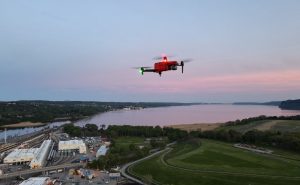
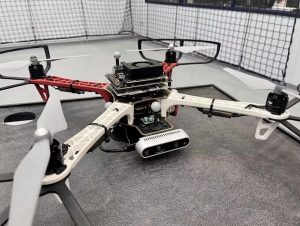

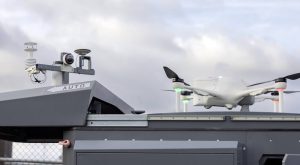


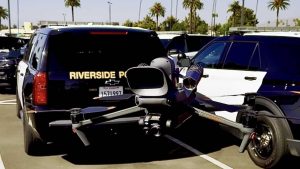





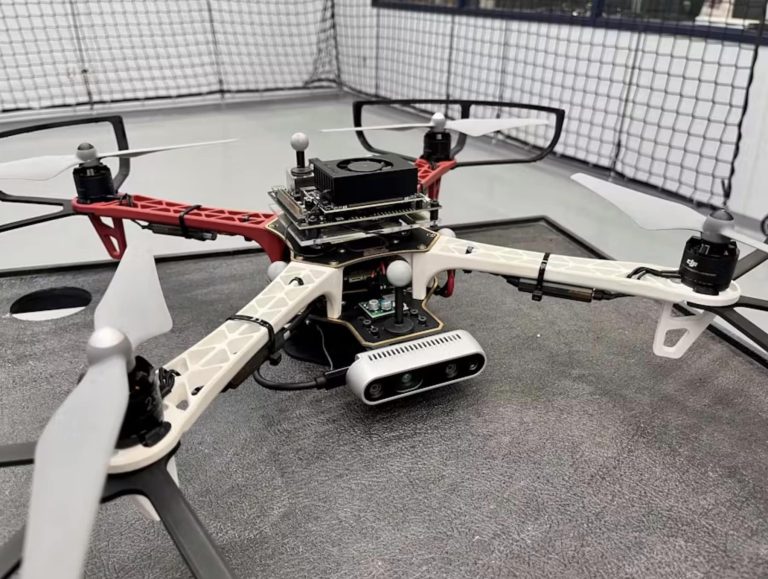

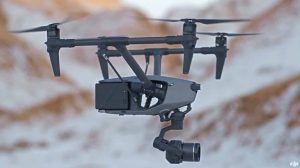
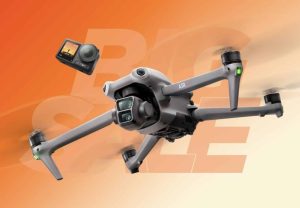
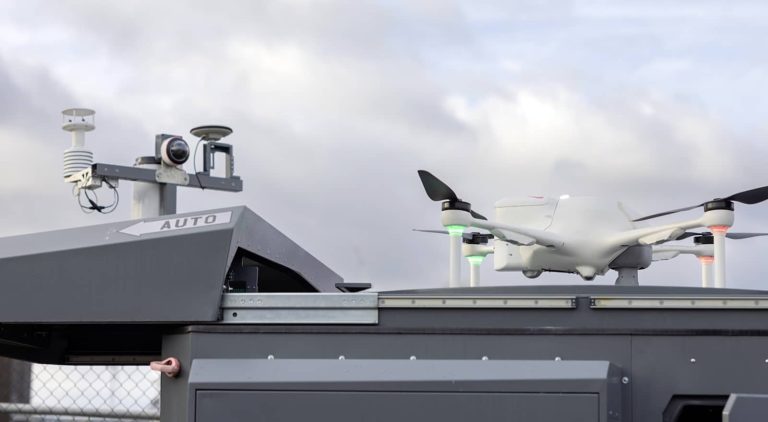


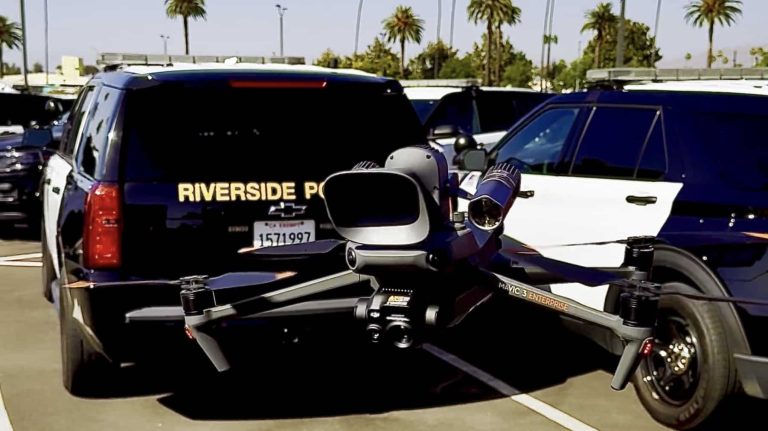
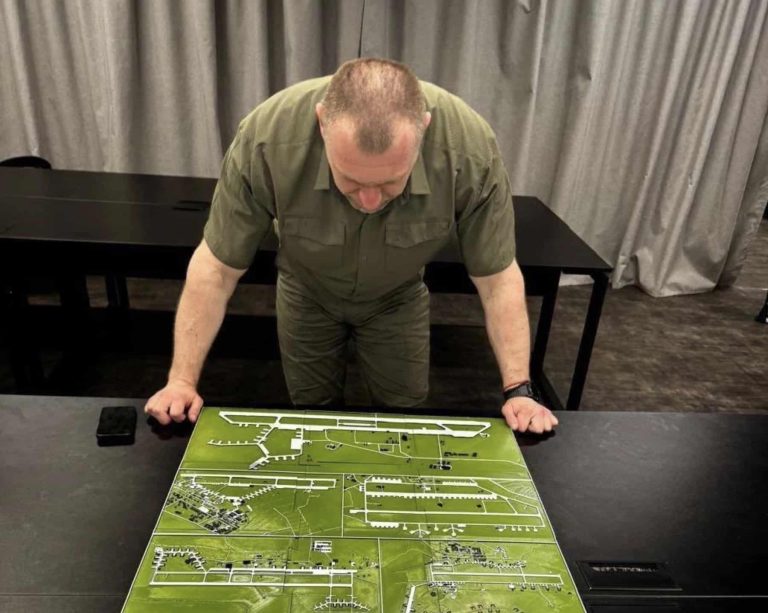
+ There are no comments
Add yours